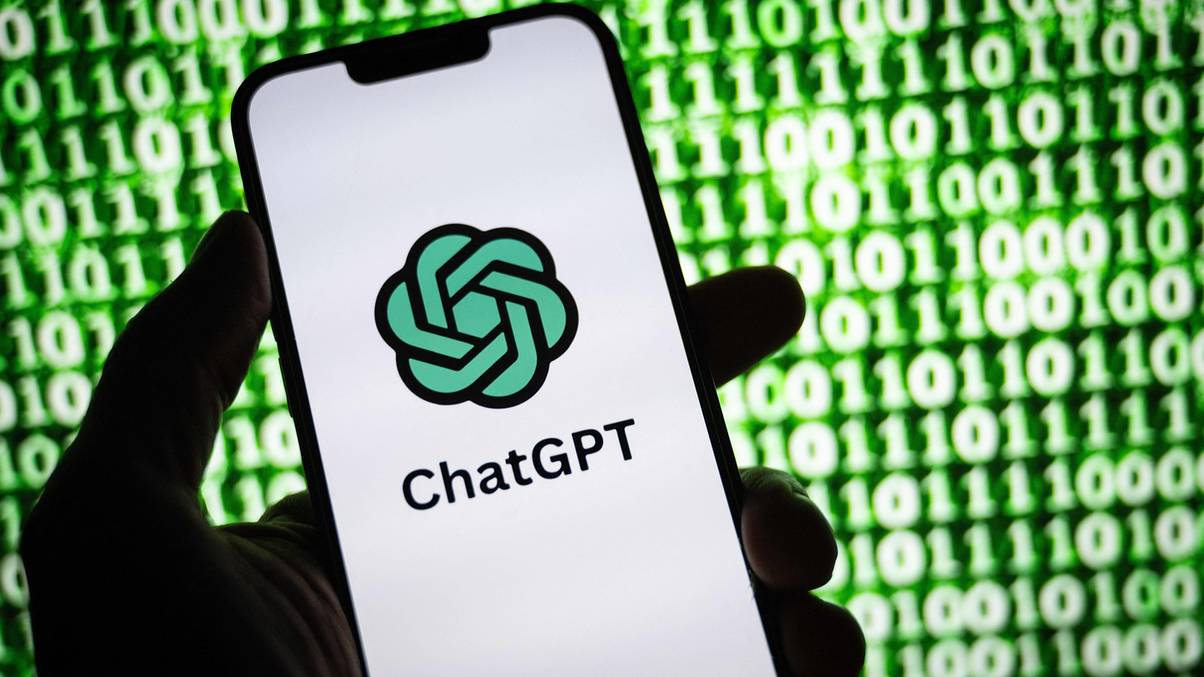Your Phone’s Secret Life: What We Uncovered About 5 Viral Surveillance Myths
This practice has left many Americans uneasy. A 2023 Pew survey revealed that nearly 3 in 4 respondents felt they had “little to no control” over how companies use their data, and 67% said they “understand little to nothing” about how their personal information is handled.
To address these concerns, Stacker investigated five common fears about tech surveillance and separated fact from fiction.


Are my smart devices always listening to me?
Smart devices are not constantly listening to you, but there have been cases in which audio recordings have been filtered through human listeners.
In 2018, CBS conducted an investigation and found no evidence that smartphones eavesdrop on conversations. Later that year, Meta CEO Mark Zuckerberg testified during a Senate hearing that the company was not actively listening to users.
However, virtual assistants such as Google Assistant, Siri, and Alexa have recorded audio while activated, which humans later reviewed—though Google, Apple, and other companies reportedly stopped this practice in 2019.


Are people spying on me through my cameras?
Generally, people should be able to tell if their cameras or microphones are in use.
According to Microsoft, some hacking signs on laptops, for example, might include a flickering or illuminated camera indicator light, unfamiliar files, malware, or compromised security settings.
It’s also important to read the fine print when activating an app or device.












